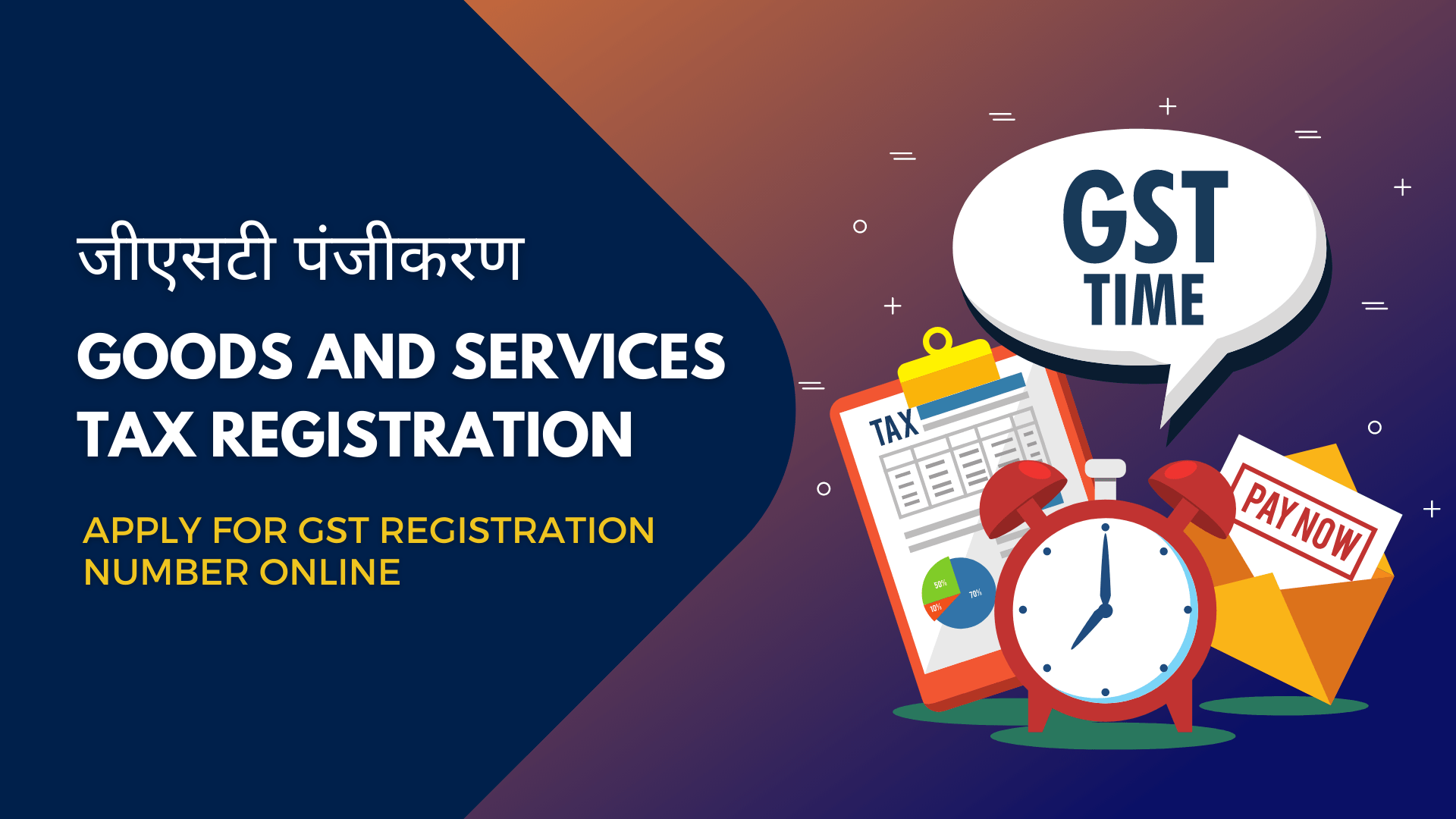Why Singapore GST Registration is Vital for Your Startup
Why Singapore GST Registration is Vital for Your Startup
Blog Article
Maximizing Tax Efficiency: Professional Tips on Browsing the GST Enrollment Maze for Small Companies
Browsing the detailed landscape of Goods and Solutions Tax Obligation (GST) registration can be a labyrinthine job for small companies aiming to maximize their tax efficiency. Recognizing the eligibility requirements, careful documentation needs, tactical timing factors to consider, and skilled enrollment process tips can dramatically influence a company's monetary standing. Compliance with GST guidelines is critical, and sticking to ideal techniques can enhance operations and avoid prospective risks. In this conversation, we will certainly explore skilled insights and actionable suggestions that can encourage local business to navigate the GST registration maze efficiently and optimize their tax effectiveness.
Qualification Requirements
Eligibility requirements for Small Organization GST Registration include particular requirements that services have to fulfill to conform with tax obligation policies. To get GST enrollment, a service must have an annual turn over surpassing the threshold set by the tax obligation authorities, which differs by nation. Additionally, services associated with inter-state supply of services or items, or those selling goods online, might be required to register for GST, irrespective of their turnover. It is necessary for businesses to accurately identify their eligibility based on these turnover thresholds to prevent penalties for non-compliance. Singapore GST Registration.

Paperwork Needs
The required documents usually consists of evidence of business registration or identification, incorporation and address proofs of the service owner, photos, bank account details, and evidence of the primary location of business. In addition, companies need to offer information of their service tasks, including the products or solutions supplied.
Keeping all essential paperwork arranged and conveniently easily accessible can enhance the enrollment procedure and help organizations abide with the demands effectively. Thorough interest to detail and adherence to the documentation guidelines are vital for a successful GST enrollment process for small organizations.
Timing Considerations
Considering the necessary paperwork demands have been meticulously dealt with, the next critical aspect for small services starting the GST enrollment process is the tactical administration of timing factors to consider. Timing plays a pivotal duty in GST registration, influencing not just compliance yet additionally monetary aspects of business. Little businesses need to very carefully plan the timing of their GST registration to take full advantage of advantages and decrease prospective threats.

In addition, companies should line up the timing of their GST registration with their functional preparedness. Appropriate prep work, such as updating bookkeeping systems and training personnel, is vital to seamlessly integrate GST demands into daily operations. By purposefully taking care of timing factors to consider, local business can navigate the GST enrollment procedure efficiently and optimize their tax performance.
Registration Process Tips
Efficiently browsing the GST registration process calls for little businesses to implement tactical and aggressive enrollment process suggestions. This consists of service enrollment records, evidence of address, bank statements, and identification evidence of the company proprietors.
In addition, understanding the thresholds and needs for GST enrollment based on the particular state or territory where the service runs is necessary. Some states have various turn over limits that set off mandatory enrollment, so being notified about these thresholds can help businesses plan ahead.
An additional beneficial suggestion is to consider looking for specialist help from accounting professionals or tax experts who specialize in GST enrollment. Their experience can streamline the process, reduce errors, and guarantee compliance with all laws.
Compliance Ideal Practices
Tiny businesses need to prioritize compliance to prevent fines and preserve a great standing with tax authorities. Small organization proprietors must consistently assess government standards and look for professional advice if required to ensure they are meeting all demands. By incorporating these compliance best methods into their procedures, small companies can navigate the intricacies of GST enrollment with self-confidence and efficiency.
Verdict
In final thought, small services can browse the click here now GST enrollment maze by Singapore GST Registration ensuring they meet eligibility criteria, collect needed documentation, take into consideration timing ramifications, adhere to registration procedure pointers, and abide by conformity best practices. By taking full advantage of tax effectiveness with proper GST enrollment, companies can improve their financial management and procedures.
Browsing the elaborate landscape of Product and Services Tax Obligation (GST) enrollment can be a labyrinthine task for tiny services aiming to optimize their tax efficiency.Qualification requirements for Small Organization GST Enrollment include particular requirements that companies need to satisfy to comply with tax obligation laws. The called for documentation usually consists of proof of service registration or address, identity and consolidation proofs of the service proprietor, photos, bank account information, and proof of the principal place of company. In addition, companies require to offer information of their service activities, consisting of the items or services provided.Successfully navigating the GST registration process requires little services to apply strategic and positive registration procedure tips.
Report this page